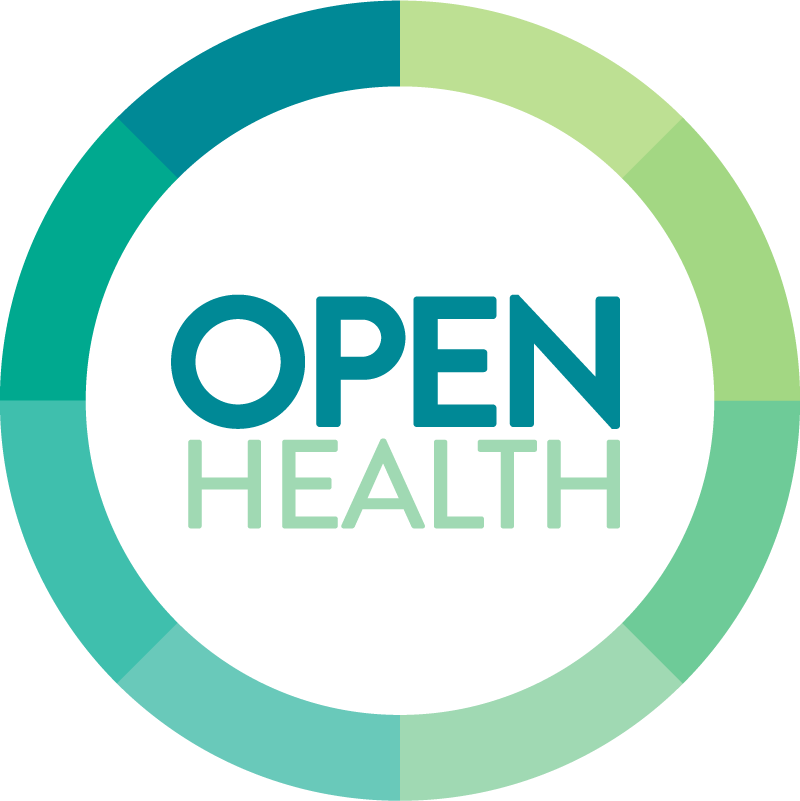Unemployment Benefits and COVID-19
We know that a large number of persons have lost employment, are at risk of losing employment, have had their wages reduced, and are very limited in their ability to seek employment as a result of the COVID-19 epidemic. We wanted to provide you with some information on accessing Unemployment Insurance benefits from the Louisiana Workforce Commission (LWC).
What is it?
Unemployment Insurance provides temporary financial assistance to eligible persons with a minimum benefit amount of $10 each week and a maximum benefit amount of $247 each week. Payments may be received as early as 7-10 business days after completed applications are received by LCW. There is not a COVID-19 Unemployment Insurance fund. The benefit is pulled from the standard Unemployment Insurance.
Who is eligible?
Anyone who loses employment, has had their pay or work hours reduced, or has been told not to report to work is strongly encouraged to file. Eligibility requires that you have worked during the first four of the last five quarters (currently January 1, 2019 – March 31, 2020.) You must be unemployed through no fault of your own and available to return to work. You may still apply if you earned wages in another state. Again, if you do not meet all of these criteria, you are still strongly encouraged to file for the benefits during this epidemic.
How to apply?
Apply at louisianaworks.net or call 1-866-783-5567. The call center hours are 8am – 7pm, 7 days a week. In order to apply you must provide your name; social security number; address; alien registration number (if applicable) and the name, address, and phone number of the agency(ies) of your previous 18 months of employment. You should initiate the claim as soon as possible even if you do not have all of the previous employers' information.
After you are approved, you must call or login every week to complete a certification in order to receive payment. As a result of the COVID-19 epidemic, the requirement that you complete at least 3 work searches every week is waived.
Additional important information.
When asked if you received vacation pay or sick time, answer "yes" if you are owed funds for that time, not if the company offered it.
You will be asked if you would like 10% of federal taxes withheld from the payment. If you decline, you will receive a 1099-G and the 10% will be deducted from your 2020 tax claim.
If you previously have had a fraudulent over-payment in Unemployment Insurance, you will not be eligible to receive benefits until you pay back the over-payment. If you previously have had an over-payment that was determined to not be fraudulent, you must call or login each week to certify the benefits and the benefits will be applied to the over-payment. You will not receive any payments until the over-payment is satisfied.



